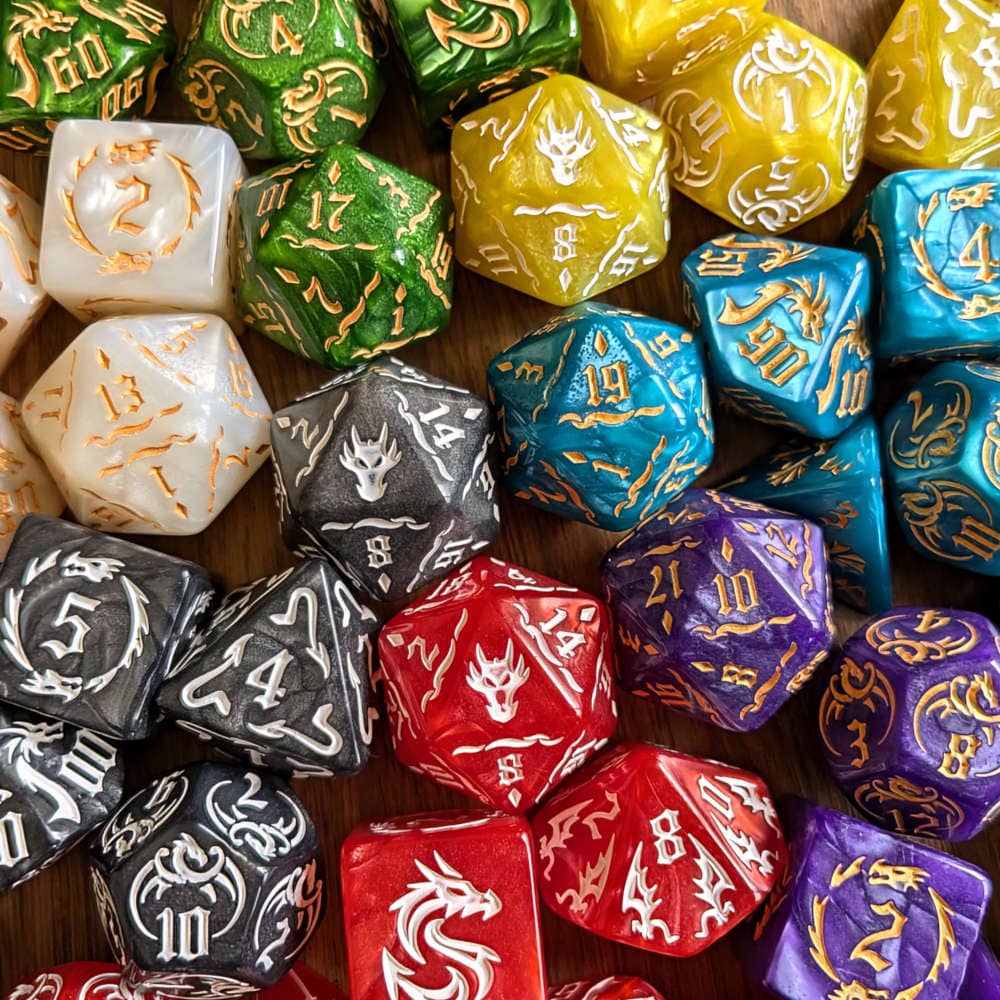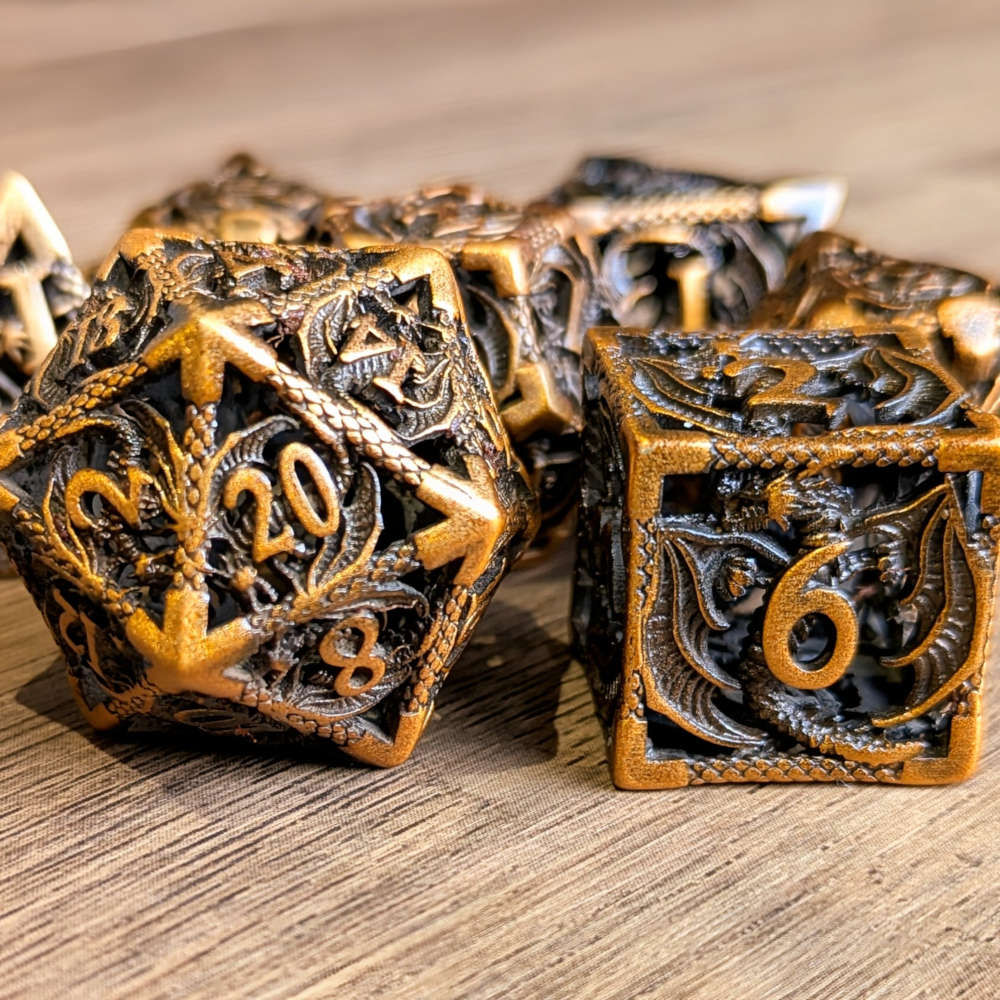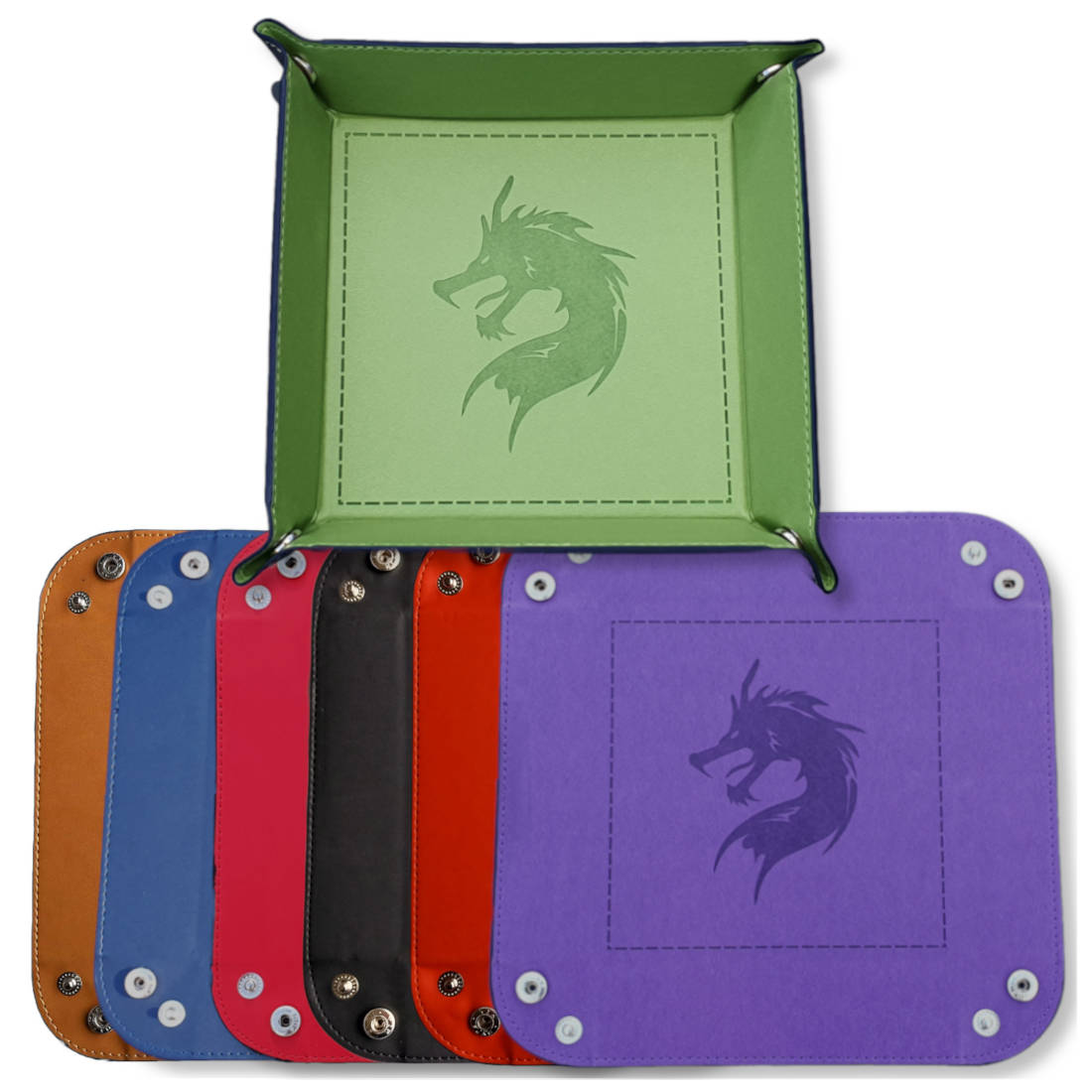How to ask for feedback as a Dungeon Master

As a Dungeon Master (DM), the journey to crafting unforgettable adventures for your players can be both challenging and rewarding. While your creative efforts are crucial, receiving feedback from your players can be equally valuable in improving your skills and becoming the best DM you can be.
In this guide, we'll delve into the art of seeking feedback as a DM, ensuring that you continue to provide engaging and enjoyable D&D experiences. Additionally, we'll explore the flip side of the coin - how players can effectively provide feedback to their DM. So, whether you're a DM looking to refine your skills, or a player with suggestions to share, read on to discover the keys to giving constructive feedback.
Why you should ask your players for feedback
As a Dungeon Master, asking your players for feedback isn't just about improving your own skills, it's a way to improve the experience for everyone at your table.
Here are a few reasons why you should seek feedback from your players:
- Improved storytelling: player feedback can help you understand which parts of your narrative are captivating and which may need refinement. This insight allows you to craft adventures that are more engaging, and provide memorable moments for years to come.
- Balanced gameplay: feedback can point out balance issues in encounters, ensuring that your players face a reasonable level of challenge without feeling overwhelmed or underwhelmed.
- Better alignment with player needs: it's crucial to stay in touch with your players expectations of your campaign, especially any boundaries agreed at session zero.
- Reduced frustration: by addressing any concerns or worries, you can reduce player frustration and create a more enjoyable atmosphere at the gaming table.
- Constructive improvement: constructive criticism from your players can help you recognise areas where you can grow as a DM, fine-tuning your skills over time.
In essence, asking for feedback from your players contributes to a more immersive and enjoyable D&D experience for everyone at your table.
How often should I ask for feedback?
Finding the right frequency for soliciting feedback can be a delicate balance. Asking for feedback every session will become tiresome for your players, and if everyone's having fun, it isn’t necessary.
A more practical approach is to request feedback every 5-10 sessions. However, if your campaign is running smoothly, and there aren't any significant issues, you can extend this period. A major story or character arc's conclusion can also serve as a natural checkpoint to check in with your players, as it allows you to evaluate the overall direction of the game.
For new players joining your group, it's essential to give them time to acclimate and become comfortable with the dynamics of your game. At least a handful of sessions should pass before you formally ask for feedback, as this gives them an opportunity to get involved and gel with the group.
Keep in mind that not all players will have feedback after every session, and that's perfectly fine. It's about ensuring that the lines of communication are open and that your players know their input is valued.
How to ask for feedback as a Dungeon Master
The best way to go about collecting feedback is to ensure it's constructive. Constructive feedback is essentially feedback aimed at achieving a positive outcome, making it immensely valuable for Dungeon Masters.
It's essential to ask for feedback in a way that makes your players feel comfortable. The ideal scenario is to have a face-to-face meeting with your players, whether in person or through a voice chat if you're playing online. In a group setting, players can openly discuss their thoughts, share experiences, and provide insights, which can lead to valuable feedback for you.
However, not all players are comfortable sharing their thoughts in front of the entire group. As the Dungeon Master, it's important to let your players know that if they have feedback they'd rather share privately, there are alternative channels available. Some players may prefer one-on-one discussions or to provide feedback in a written format.
For a more structured approach, you can use an anonymous Google Form to collect feedback. This can help players feel safer about expressing their opinions, particularly when the feedback may involve sensitive or personal topics.
Questions to ask your D&D players to get useful feedback
Here’s a list of questions that you can ask your D&D players to get feedback.
- What are you enjoying?
- What are you not enjoying?
- What do you want to see more of?
- What haven't you seen that you want to see?
- How do you feel about the pacing of our campaign?
- How do you feel about the current mix of roleplay and combat?
- Is there anything I can do to improve as a GM for this campaign?
There might be more specific questions you ask about specific NPCs, encounters, or story arcs, but the above list should be enough to get meaningful feedback from your players.
What you should avoid when asking for feedback
When seeking feedback as a Dungeon Master, it's important to approach the process with an open heart and mind. Avoid these common pitfalls when asking for feedback from your players:
- Defensiveness: try not to get defensive or take feedback personally. Remember, the purpose of feedback is to improve the game, not criticise your abilities.
- Ignoring feedback: don't ignore the feedback you receive, even if it's negative or critical. Every piece of feedback, regardless of its nature, holds valuable insights for your growth as a DM.
- Being close-minded: stay open to all forms of feedback. While it can be overwhelming, being open-minded allows you to discover valuable points that can enhance your DM skills and the quality of your campaigns.
- Lack of follow-up: don't forget to follow up with your players after gathering feedback. Let them know how you plan to implement changes or thank them for their insights, showing that you value their input.
By avoiding these common pitfalls, you can create a more constructive environment for feedback, leading to the continuous improvement of your Dungeon Mastering skills and the enjoyment of your D&D adventures.
How to give feedback to your DM
Providing feedback to your Dungeon Master (DM) can be an important aspect of creating a more enjoyable and engaging tabletop role-playing experience. However, to ensure your feedback is well-received and constructive, consider these guidelines:
Be specific
Specific feedback helps your DM understand exactly what you're looking for. Vague feedback like ‘combat is boring’ isn't particularly helpful for your DM. To make your feedback more meaningful, pinpoint the aspects that need improvement.
Instead of saying combat is boring, you could suggest, ‘it would be more engaging if there were more options for us in combat, such as terrain that we have to play around, more varied types of enemies, and different objectives within combat instead of just killing’.
Offer constructive criticism
When providing feedback, avoid statements that are combative and unhelpful, like ‘your NPCs are boring’. Such comments don't give the DM actionable insights. Instead, focus on constructive criticism. For instance, you could say, ‘I noticed the NPCs seem the same, and they don't offer much variety. Could you describe their physical appearance, key mannerisms, and provide other details when we meet NPCs?’.
This approach helps your DM enhance their storytelling without feeling discouraged.
If you get this feedback from your players, you might be wondering how to improve. Check out our guide that explores the art of roleplay and how to roleplay better.
Deliver feedback mindfully
Remember that DMs invest a significant amount of time and effort into their campaigns. To ensure your feedback is well-received, approach it with mindfulness and a positive attitude. Express your suggestions or concerns with respect for the hard work your DM puts into the campaign. This can foster a more collaborative and enjoyable gaming experience for everyone at the table.
By following our guidelines, you can offer feedback to your DM that is specific, constructive, and delivered with care, ultimately contributing to a more engaging and satisfying tabletop role-playing adventure for the entire group.
If you're considering taking on the role of a Dungeon Master without prior D&D experience, check out our guide that answers the common question ‘can you DM if you've never played DND before?’.
Don't forget to equip yourself with the finest tools, such as our D&D dice sets and metal dice sets, to lead your adventures in style. Happy questing!





